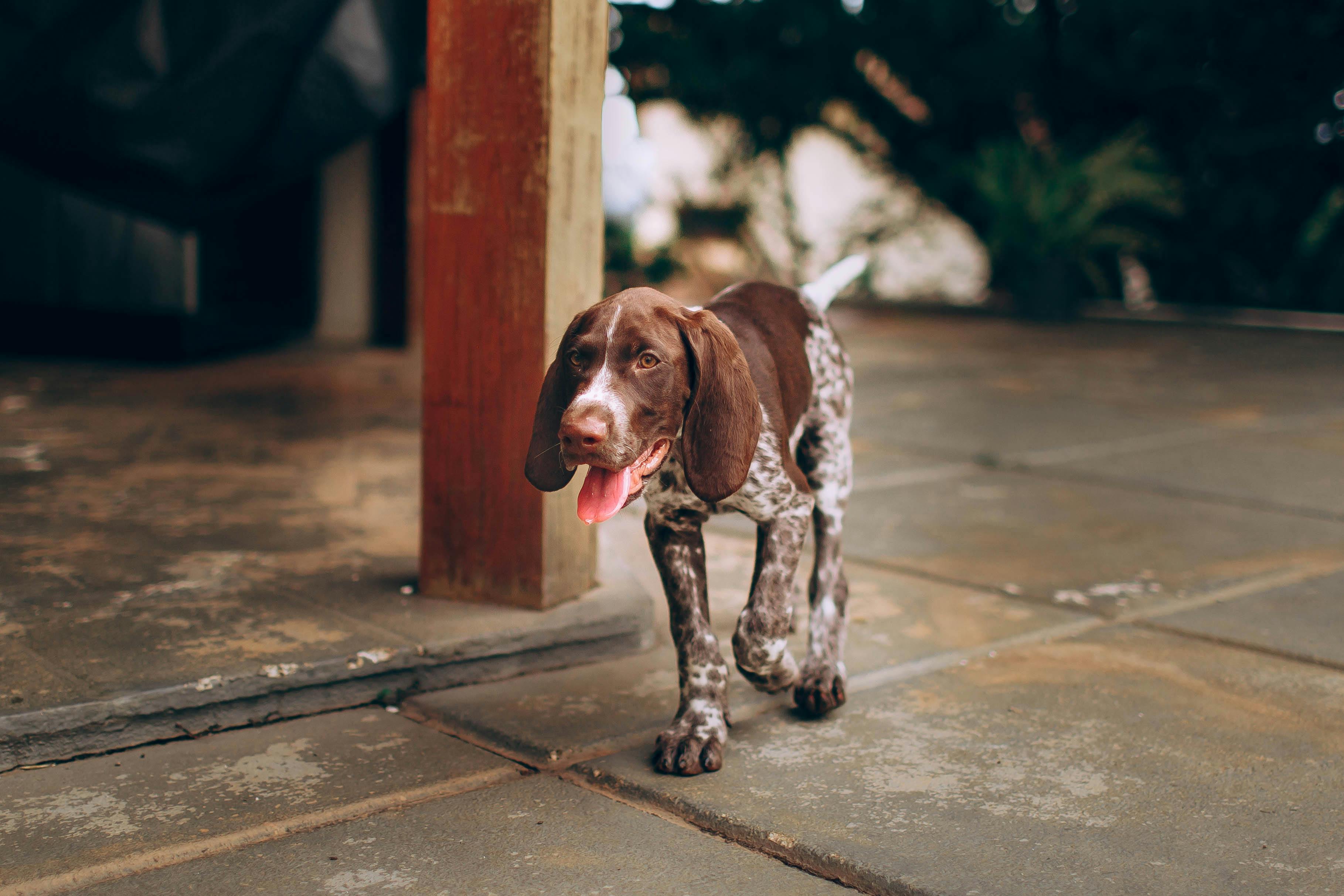The Yorkshire Terrier, an extremely intelligent dog
The Yorkshire Terrier, (nicknamed Yorkie), is a small dog breed in the toy category. The long-haired terrier is known for its playful demeanor and distinctive blue and tan coat. They can be very small, usually weighing no more than 7 pounds. The American Kennel Club does not specify the minimum accepted weight nor does it specify a height. According to records from the American Kennel Club, Yorkshire Terriers became the second most popular dog breed in the United States in 2006, after the Labrador Retriever.
Yorkies originated in Yorkshire and Lancaster, England in the 19th century. They were bred to be ratters, used to kill mice and rats in small places. They may also have been used for hunting. Terriers specialize in hunting animals (usually vermin) that live in dens or burrows. Animals that are cornered and defending their young will fight fiercely. Any dog willingly pursuing them must have a high degree of courage; terriers are bred for that quality.
Just because the Yorkie is a toy breed doesn’t necessarily mean it’s fragile. They have an athletic build and are very playful. Since you have a working dog, their intelligence makes them wonderful for their agility and obedience. They are generally easy to house. But sometimes, due to their independence, they can be difficult to housebreak. For their own safety, it is best to crate train them and leave them in a crate when they are left alone, for example overnight or if their owners are away from home. Always leave some toys and fresh water for them, and make sure they have a cozy bed inside the cage. Remember that as they enjoy human company they will not appreciate being alone for long periods.
The Yorkshire Terrier has long hair with no undercoat, which means it sheds less. Their fur closely resembles human hair that only falls out when broken or brushed. Yorkies have little dander, good for allergy sufferers. The coat is silky, shiny, fine and should be straight. The traditional coat is extremely high maintenance and needs several hours of daily brushing. For pets, the fur is usually kept in a shorter pet clip. Anyone who gets a Yorkie pet should remember that there will be additional grooming expenses to consider. Its ears are erect and its tail should be docked to medium length. Hair should be plucked from inside the ears and checked regularly for excess wax and mites. Hair should also be kept out of your eyes. Also, tartar on their teeth needs to be removed regularly, especially since they are a Toy breed. Even though there is an extra expense for grooming, Yorkies eat very little, so the owner saves money.
Yorkies are often very susceptible to hypoglycemia, especially in puppies, but it often continues into adulthood. Due to their small size, they are also sometimes intolerant to anesthesia. Their lifespan is generally 12 to 15 years, but can be shorter on smaller ones (three pounds or less).
The temperament of a Yorkie varies greatly depending on how it has been socialized by its owner. Some are shy and timid while others are bold and confident. But most are intelligent, inquisitive and assertive. Many Yorkshire Terriers have a big dog attitude without realizing their small size, which can cause them serious problems and danger. This fact does not always make them suitable pets for younger children.
Before buying a Yorkie, find a reputable breeder. Learn all you can about the breed. And make sure you or your reputable breeder have the dog or puppy checked out by a vet to make sure it’s healthy. Also, do not purchase any puppies unless they have had a pre-meal and post-meal bile acid test and have seen the test results. Liver bypass is widespread in many dog breeds at the moment and especially Yorkshire Terriers. Any responsible breeder will be more than happy to have their puppies run this simple blood test by their vet. Breeders, please start testing your puppies before selling them. Even with the added expense of grooming and the extra care they need, the Yorkie can make a wonderful pet and companion.
